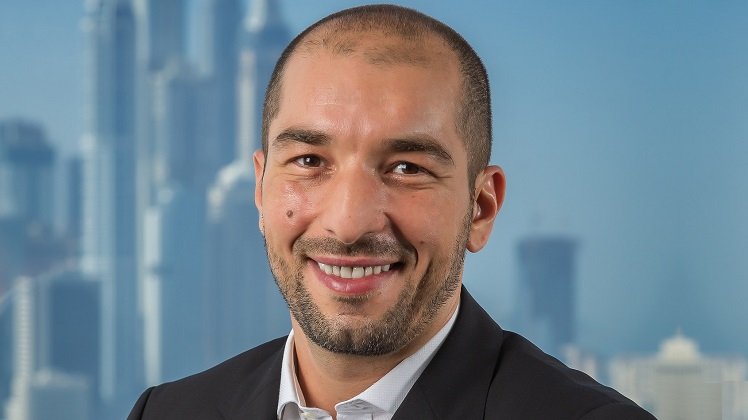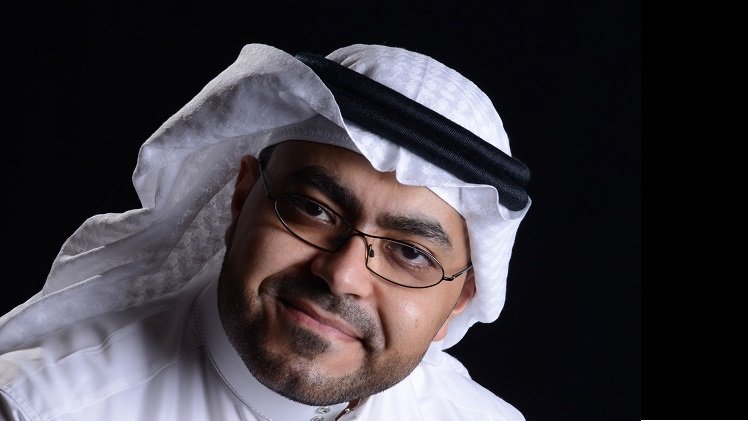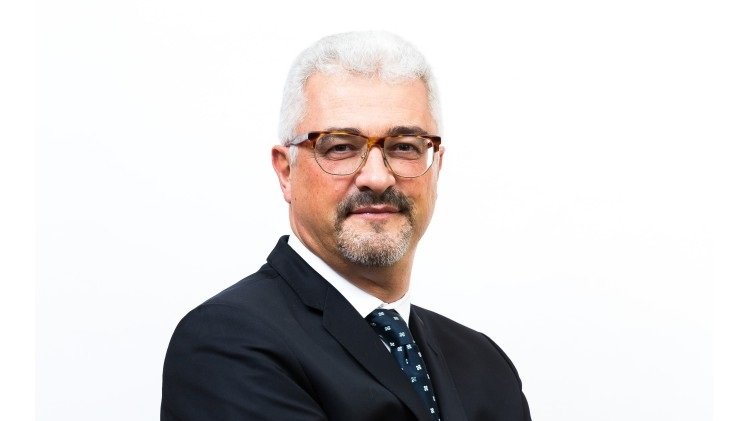Saudi Vision 2030 is to make the kingdom a globally competitive ICT powerhouse with cutting-edge technology and informed society. With the growing technology market, this feature discusses the increased opportunity for channel partners in the kingdom.
 According to IDC, overall spending on information and communications technology (ICT) in Saudi Arabia is set to reach $32.9 billion this year, up 1.5% on 2020. Digital transformation activities in the public and financial sectors, which are Saudi Arabia’s fastest expanding ICT sectors, will continue to drive this spending. The government’s Vision 2030 project, as well as the expanding importance of 3rd Platform technology adoption across all sectors, will also have a significant impact on ICT expenditures.
According to IDC, overall spending on information and communications technology (ICT) in Saudi Arabia is set to reach $32.9 billion this year, up 1.5% on 2020. Digital transformation activities in the public and financial sectors, which are Saudi Arabia’s fastest expanding ICT sectors, will continue to drive this spending. The government’s Vision 2030 project, as well as the expanding importance of 3rd Platform technology adoption across all sectors, will also have a significant impact on ICT expenditures.
“Demand for technology services and digital transformation in Saudi Arabia has grown significantly in the past few years, driven by the government’s Saudi Vision 2030 initiative and its associated digitalisation projects, and investment in megaprojects such as Neom. Saudi Arabia is also home to the GCC’s biggest population, with more than 35 million people, 25% of whom are below the age of 15, according to Statista,” said Nasser El Abdouli, Director, Partner Sales MEA, F5.

Once a 100% oil-based economy, Saudi Arabia’s face of the economy is developing and diversifying at a rapid pace. The country’s businesses have been quickly adopting digital transformation and moving to the cloud during the last year. With a high population of tech-savvy youngsters, content and personalisation remain significant components in marketing technology. These trends have been accelerated by Covid-19, and businesses increasingly see that digital transformation is required and that delaying the move to the cloud and sophisticated applications is no longer an option.
F5’s recently published State of the Application Strategy report revealed that more organizations than ever have started to modernize their applications and the delivery technology solutions that support them to be closer to users. The report revealed a 133% annual rise in respondents saying they are modernizing internal or customer-facing applications. These global trends are reflected in Saudi Arabia, where there is a strong adoption of modern applications.

Mohammed Kiki, Country Manager, Saudi Arabia at Citrix said, “At the beginning of the pandemic, the top priority for most CIOs was to ensure that all employees were connected and have access to all necessary data and applications to ensure business functionality. With people working remotely and with the expanding attack surface, the next challenge was to ensure the safety and security of their data. Hence AI, cybersecurity, and remote workspace solutions have been a top priority for CIOs this past year and will continue to be so in the near future.”
With increased technology adoption, as mentioned, there is huge potential for channel partners to reap results. Like any other country, working closely with partners is one of the keys to success across the region. Some believe that it is a challenge to find well-rounded partners, combining proficiency with microservices and modern applications, and communication and consultancy skills. Vendors need to work closely with partners to help them grow and fill any gaps in knowledge or expertise so they can become trusted advisers for customers. Most of the traditional partners are now embracing the new world of modern applications and are building a strong pipeline of business.

In Saudi Arabia, Sitecore’s business is led by channel partners. With knowledge in the Saudi Channel market, Mohammed Alkhotani, Senior Vice President – the Middle East and Africa, Sitecore elaborates on their key to success in the kingdom, “The Sitecore Partner Network is educating our partners about our multi-tenant solutions with microservices and open APIs that are all integrated. Along with our partner ecosystem, we’re also building around industry-specific use-cases for the complexities and needs of every industry.” He further added, “Sitecore is celebrating its 20th anniversary this year, and is building on securing the largest-ever capital investment, USD 1.2 billion, in the marketing technology sector by investing in the Kingdom, hiring local talent, and scaling up.”
Saudi Arabia is a rapidly expanding market, posing problems in terms of acquiring and developing marketing technology skills. The difficulties extend beyond channel partners’ capacity to accept microservices. It’s also about how the channel reacts to business-wide changes like multi-cloud adoption, virtualized environments, and consumption models based on as-a-Service. As applications become more agile, the entire value chain must change as well.
Customers and partners can no longer just purchase a piece of technology. They must now be able to respond to demands for upgrades or the launch of new services almost instantaneously. Customers are also standardizing their operations by implementing automation technologies that must include a security or access policy while requiring little human configuration.

Salesforce also following a partner-led business in Saudi Arabia, Thierry Nicault, Area Vice President – Middle East and North Africa, Salesforce, gives insights on how they deal with challenges of the Saudi market. He says, “The better that we can work with our channel partners to better understand our Saudi customers’ needs and challenges, the better that we can leverage Salesforce’s solutions to help them drive business success and innovation. We are working closely with our channel partners in Saudi Arabia to build strategic initiatives, help them understand our solutions, and maintain their training and certification. During the pandemic, to meet the needs of our channel partners, we’ve quickly and rapidly increased access to virtual channel partner enablement programs.”
Though there are challenges associated with the market, the market will keep growing, and solution providers expect to play an essential role in the Saudi digital transformation journey. Saudi Vision 2030 continues to encourage nationwide digital transformation, diversified economic growth, and job creation, thus the Saudi market is likely to stay robust in 2021 and beyond.

Wael Handous, Managing Director, MEA Tec Distribution said, “More and more business as always been, Also as the closer we get to 2030 we see more growth happening. We’re expecting more logos in our references list in KSA and expansion in terms of resources.”











